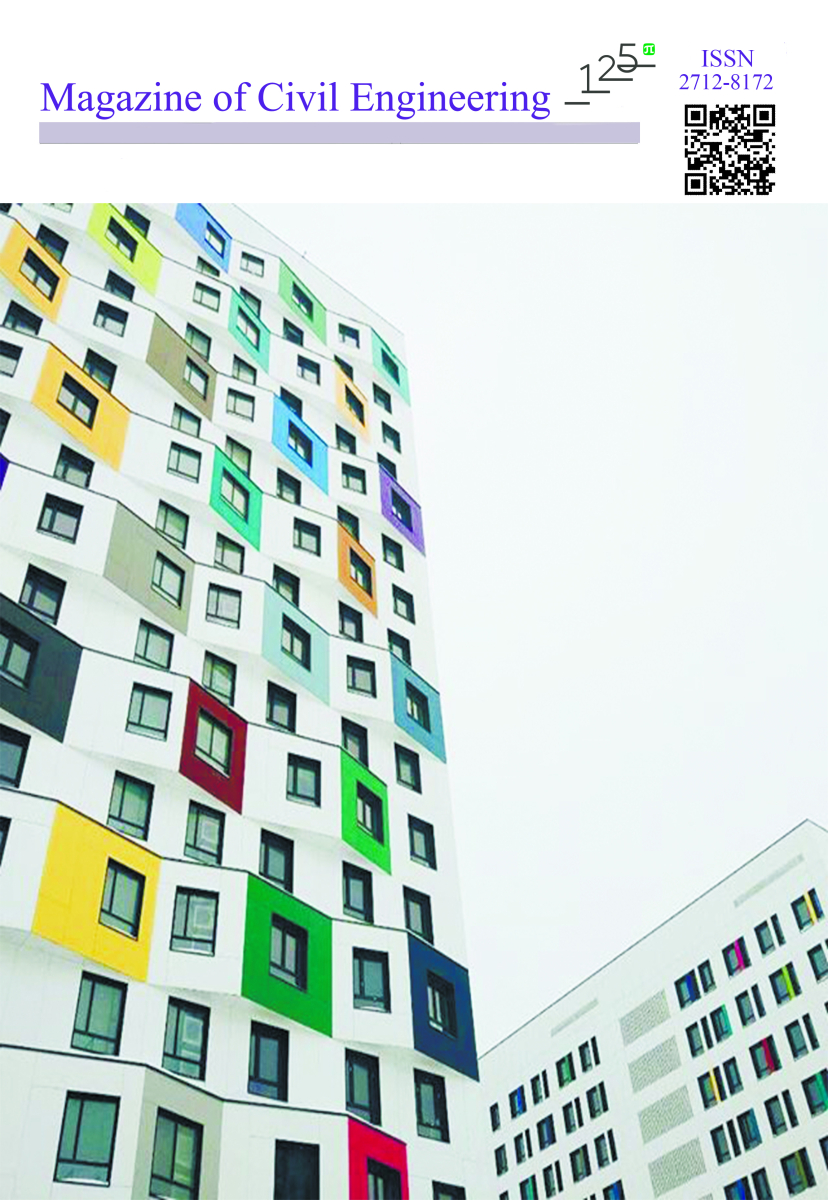Compatibility of portland cement and polycarboxylate-based superplasticizers in high-strength concrete for precast constructions
Application of polycarboxylate-based superplasticizers can contribute to the increase of concrete early strength. It makes possible to obtain the concrete of the required strength after heatsteaming treatment with decreasing the isothermal temperature and the Portland cement quantity compared to the concrete without admixtures. Reducing of water-cement ratio and lack of accelerated high-temperature of heat-steaming treatment raises the durability of precast concrete. The use of low heat-steaming treatment must not lead to an increase of the duration of treatment and reduction of productivity of plant with double turnover of moulds per day. It is necessary to take into account the compatibility of Portland cement and polycarboxylate-based superplasticizers to obtain the high concrete strength after heat-steaming treatment. The problem of the compatibility of Portland cement and polycarboxylate-based superplasticizers in precast concrete production contains the following items: the influence of chemical and mineralogical compositions of Portland cement on the water-reducing effect of polycarboxylate-based superplasticizers, on the retention of workability of fresh concrete as well as on the growth of early concrete strength. Most of the published papers contain the results received when investigating the cement paste. However, the effect of polycarboxylate-based superplasticizers in stiff fresh concrete has not yet been fully investigated. The optimal dosages of polycarboxylate-based superplasticizers, requirements to the granulometric and chemical-mineralogical compositions of Portland cements with the purpose of reducing the cement consumption and providing the required concrete strength after the heat-steaming treatment at 40 °C have been defined.


